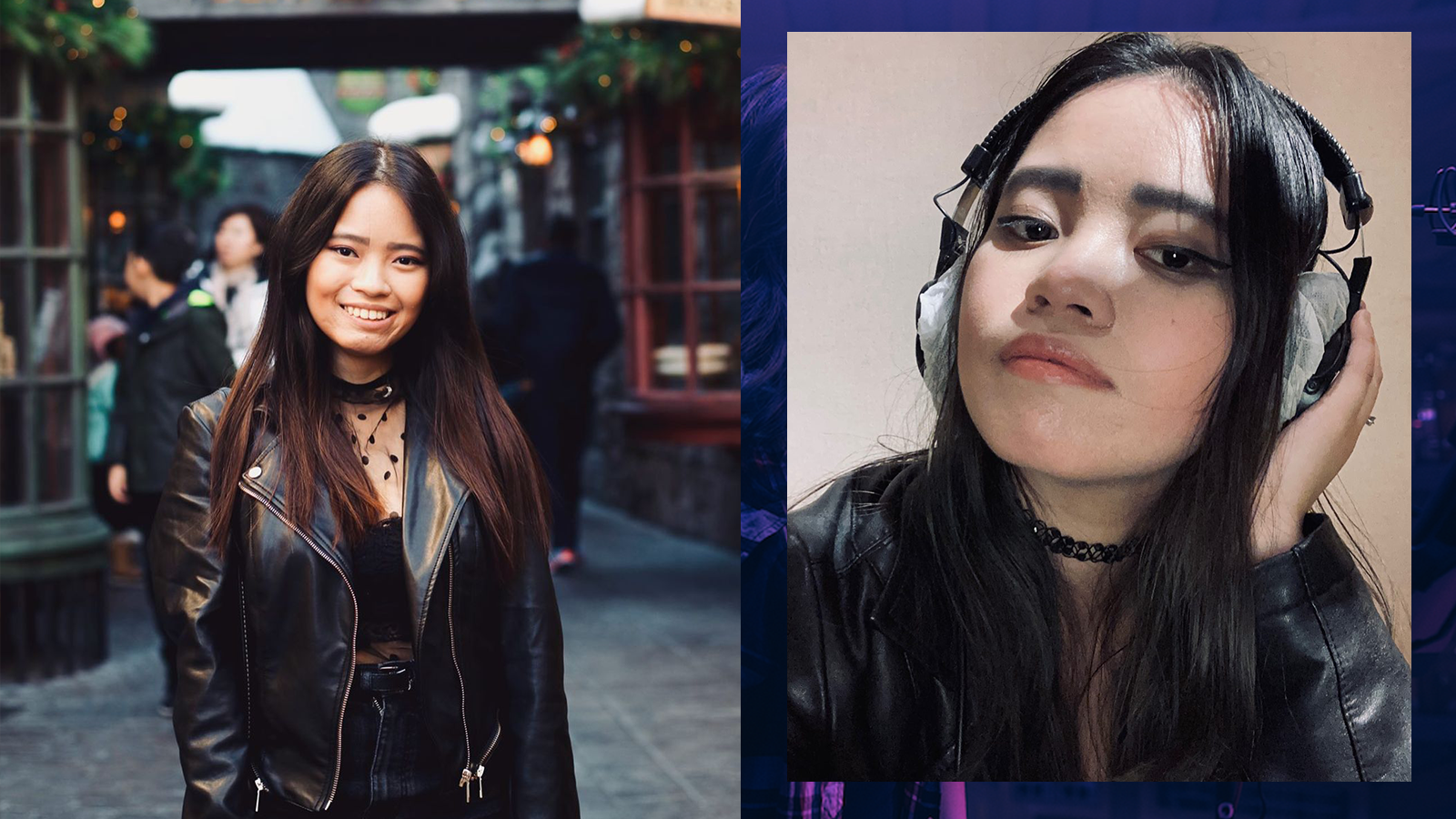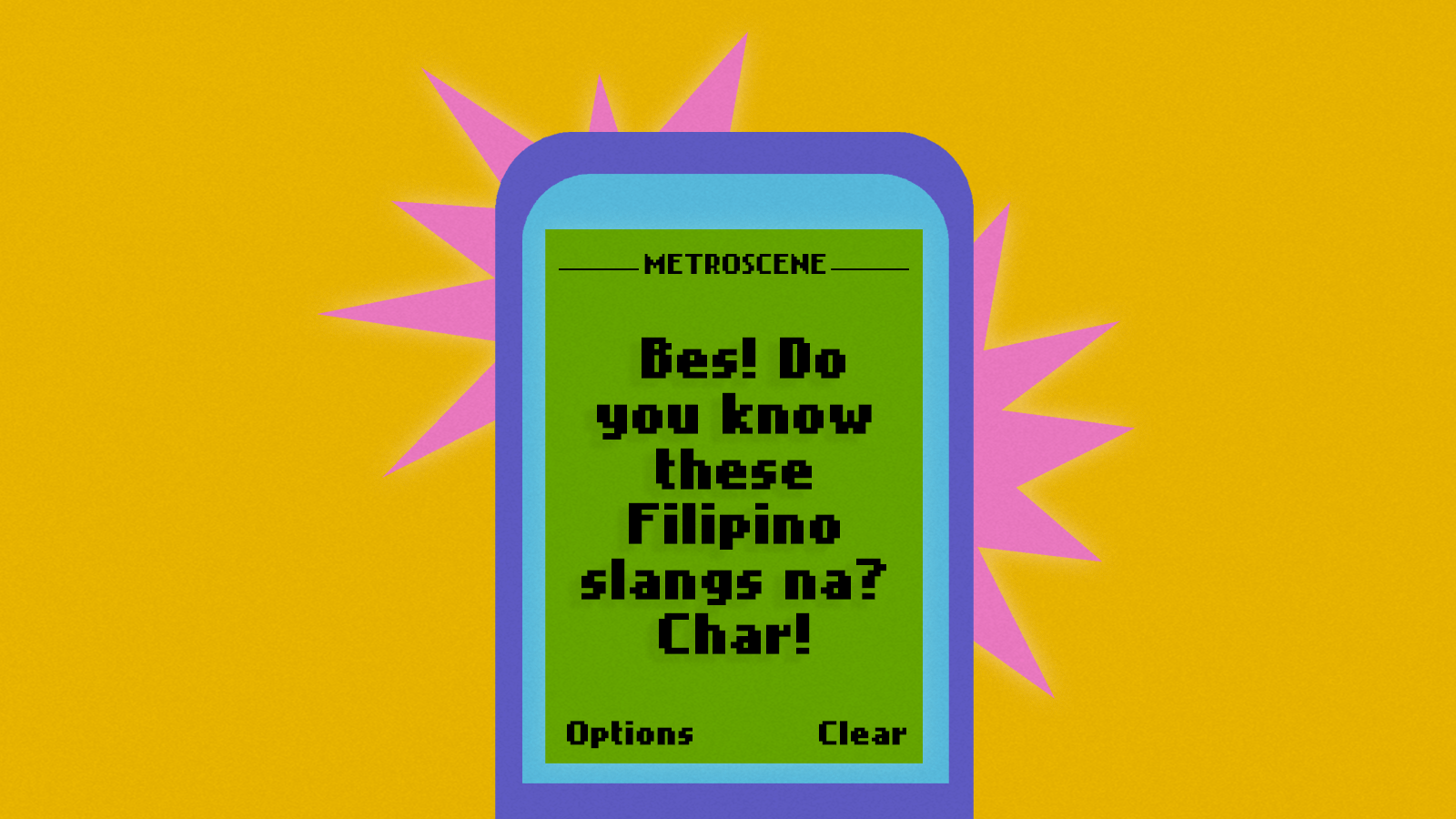“Move or get zapped!” Sounds familiar? Well, the first time I heard it, it gave me literal chills and felt all sorts of frenzy that finally, she’s here and she’s here to make a statement.
Riot Games has already been making waves in the Filipino gaming community and when they first dropped the teaser of a possible Filipino agent in Valorant, Filipino fans' excitement was through the roof. It was later revealed that voice actor Vanille Velasquez will be the voice behind Neon - a duelist whose abilities are enlaced with bioelectricity.
It’s not often that Filipino voice actors get the chance to voice over international in-game characters, Vanille on the other hand, inspired others with her passion to strive to become a better version of themselves. Talk about a sparking breakthrough.
Here we have Vanille talk about her journey as to voicing Neon, who she is outside her profession, and how the youth, like herself, can be much more.
Who is Vanille Velasquez? Who is she behind and beyond voicing Neon?
She’s just your average geek next door who no-lifes an RPG for 1-3 days straight until she finishes it, watches deep dive videos on Youtube about obscure pop culture references, and alternates between listening to the Arctic Monkeys and Taylor Swift. You’d probably find her wearing winged eyeliner and some edgy boots. But then again, you might not actually notice her since she’s down there at 4 foot ten. Or because she’s probably not even out cause she’s too introverted to leave her house most days.
How did your passion for voice acting start? And what difficulties did you encounter while getting to what you have achieved today?
I have always been a fan of video games and animation, and I was lucky that I found voice acting at a really early age. I was 10 years old on the internet one day when I learned what voice acting was, and then I found people who were doing it for fun on Youtube. It was then that I turned it into a hobby. But it wasn’t until way later at 17 when I got on Hero TV’s Dubbing Academy that I made the steps to go professional.
How did Riot Games reach out to you? And after getting the call from them that you were chosen to voice Valorant Agent Neon what was your initial reaction?
I got an email from a casting producer working with Riot Games about auditioning for a “well known video game” and this turned out to be Valorant. I had two auditions for them, a month apart from each other, and I thought they went pretty well. But when I haven’t heard from them for more than a month already, I thought for sure I didn’t get the part. I still remember vividly what I was doing when I finally got that email. I was just lying down one afternoon watching something online when my phone buzzed with a notification and my heart raced ‘cause I saw from the preview on my lock screen that they were congratulating me so by then, I knew. It was surreal.
It was amazing, needless to say, and I couldn’t wait to tell everybody I knew but I couldn’t for some REALLY long months. But ironically, as it got closer and closer to when Neon’s trailer would drop, I started kind of dreading it because it was like it’s becoming real and suddenly I was afraid of what people would say or how they would react. I had never had that many people hear my voice before. It was kinda scary because I had no idea what was going to happen.
How was the process of recording Neon like? What was the most important takeaway you have had from recording the voice lines of Neon?
Is there a specific routine as to how you prepare for the voice role you played?
It’s kinda different for each role. For Valorant, I always made sure I took the time to review my script a day before my recording session. And then on the day itself, I do my usual routine like warm up my vocals and avoid any food or drink that will cause acid reflux cause I do suffer from that and they can mess up my vocals. I also liked to dress up for my sessions! I wore dark edgy clothes to most of them because it made me feel more badass.
More on the lines of representation in such games, how do you think your own giving of voice to Neon (and not a non-Filipino) dramatically supports the narrative of representation?
Representation matters. I’ve said this and I’ll say it again: everyone deserves to see themselves in the media they love. In the same way, Filipinos deserve to see themselves in video games and have characters whose culture and experiences they can relate to, especially Filipinos in the diaspora who don’t have that access that we have to local Filipino media. Those Filipinos abroad grew up mostly watching characters who don’t resemble them. Can you imagine growing up and barely seeing people who look like you on TV or in movies, let alone video games?
In the context of video games, however, I think even us locals share their sentiments because we don’t produce video games on the scale that other countries do. We don’t really have much of a choice but to play games produced by other countries. I grew up playing video games and when I was younger I never really questioned why there weren’t much Filipinos in video games. It was like I accepted that they don’t make video games for us. It wasn’t until I became an adult when I started questioning why there weren't much Filipinos in video games. And looking back, I think it’s sad that as a child, I just accepted that as the status quo.
I believe that authentic casting is very important, especially when the character’s background and culture is at the center of who they are. Neon represents Filipinos. I think it’s only fair that there would be a Filipino behind her to add that layer of authenticity. After all, no one would know what it’s like to be Filipino more than a Filipino. Even if it weren’t me, I absolutely believe Neon should be voiced by a Filipino. This is particularly important because Neon speaks some Tagalog herself. As a gamer, I would be disappointed to hear Tagalog butchered in a video game all because the actor doesn’t speak Tagalog.
How does lending your voice to Neon, especially as a young artist, help you in finding your footing or place as an artist in such a very competitive field such as voice acting?
Years ago when I was just starting this journey, I would have told you it was impossible for me to be in a AAA video game from here in the Philippines. Up until this happened, I was probably still thinking that way. Back then, you had to be in the United States to be a part of these games. This really changed the game, not just for me, but for other local voice actors. The doors are open now. Opportunities might not start raining down here because of this, but at the very least, this has proved that it’s possible. We can be in mainstream AAA video games without ever leaving the country. So I take this not just as a personal win, but for all voice actors in the Philippines.
On a more personal level, I’m honestly not that sure what this means for me because it hasn’t really been done before so there isn’t exactly a blueprint I can compare the trajectory of my career to. I will say that this most certainly doesn’t mean that it’s gonna be smooth sailing from here. As voice actors, we never know when the next project will come. Booking a AAA video game doesn’t mean the gigs are just gonna come pouring from here. Not much has really changed in that regard. But if anything, this motivates me more to keep going in my career because I used to think this was impossible and somehow, it happened. Who knows what else will?
What should we expect from Vanille Velasquez in the future?
I want to give back to the voice over community that raised me. I learned most of what I know from the community, from people I’ve befriended who’ve gone on to refer me to projects that have led to invaluable experience. So I want to pay it forward and do the same for other aspiring voice actors by showing them the path to get started.
What is your message for the youth?
━━ Art By Metroscene Mag











